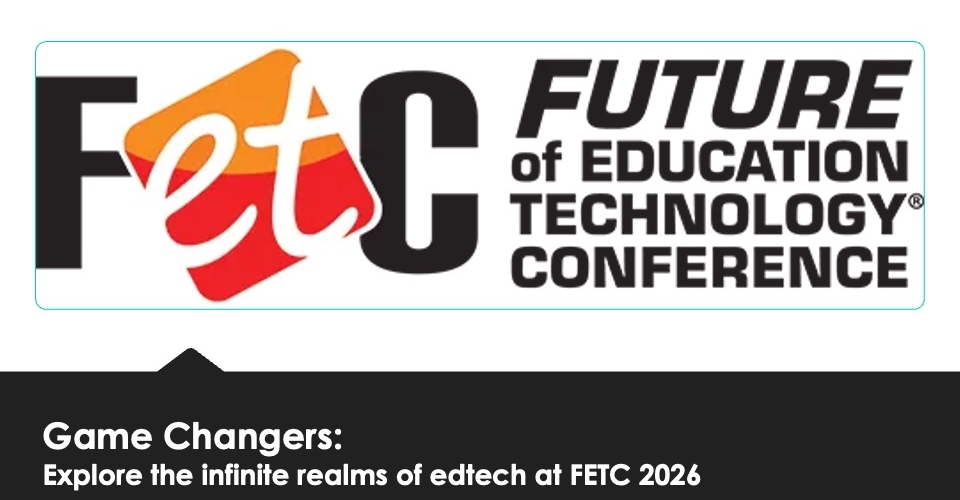It’s true what they say: A traditional four-year college education isn’t for everyone. But virtually every kid who walks the hallways of Township High School District 214’s six schools will get a job at some point in their lives.
Until recent years, K12 districts gave short shrift to equipping students with the skills they need to thrive in the workforce, relegating career education to students in vocational programs, as though college-bound high schoolers wouldn’t need them, too. Today, however, districts like mine recognize that helping students identify their interests and passions while developing a toolkit to navigate the world of work is one of the most important, if not the most important, functions of K12 education.
And that’s particularly true during high school. Employability and technology skills are essential components of this expanded view of a 21st-century education, which is why the mantra “Discover Your Future” guides all the decisions we make in our schools—from what we teach to how we direct resources. Teaching students to be entrepreneurs has played a central role in helping them discover their futures in Township High School District 214.
Firsthand entrepreneurship experiences
The term “entrepreneurship” usually prompts thoughts of people starting companies, inventing products or spinning hobbies into side hustles. While those certainly are elements of entrepreneurship, it doesn’t begin to cover the range of skills that entrepreneurs must employ to be successful: collaboration, creative thinking, resilience, learning from failure and applying what they’ve learned to solve real-world problems.
As it turns out, employers are clamoring for workers with the same skills that entrepreneurs develop over time. According to a report from the World Economic Forum, analytical and creative thinking are the traits most prized by hiring managers, who consider them to be core skills. Others include flexibility, agility and curiosity, all of which rank higher on the list than technological literacy.
One way Township High School District 214 helps students develop these entrepreneurship skills is through an entrepreneurship course we offer utilizing Uncharted Learning’s INCubatoredu program. During the school year, students create and develop their own product or service that solves a problem that they’ve identified themselves. It ends with the students pitching their ideas to potential investors.
More from DA: Teachers want a $17,000 raise to keep pace with working professionals
The program not only puts teenagers in proximity to mentors and experts from various industries, it drives the development of the very skills they’ll need once they enter the job market. Entrepreneurship education also allows students to experience their interests firsthand, rather than just reading about them.
But because not every student takes the course, and because these skills benefit students more broadly, we’ve also embedded entrepreneurial experiences and work-based learning into each student’s journey. For instance, in our MobileMakersEdu computer science program students not only learn how to code, but in the second half of the year, they use their newly developed skills to launch their own tech startup. In the process, students learn more about themselves as they apply what they have learned to solving real-world problems.
Skills that last a lifetime
It’s difficult to discover your future within the pages of a textbook, so we have provided students with opportunities to engage with mentors and industry experts through work-based learning opportunities connected to the 16 career clusters we offer. For example, students considering careers in accounting, human resources, sales management and other facets of finance and business services can engage in mentorship programs and internships as they potentially earn one of 21 industry certificates. Similarly, those who are leaning toward careers in health and medicine can explore courses in allied health, nursing and pre-med can also engage in work-based learning experiences and learn first-hand from experts in the field.
These pathways, which are anywhere from two to four years long, cover just about every facet of the workforce and give students an authentic taste of what they might expect in their chosen fields. Classes become increasingly advanced each year and generally culminate in opportunities to receive early college credit, an industry certification or experiential learning opportunities.
The entrepreneur’s journey is at the core of our district’s vision for student learning: learning from failure, relevance through real-world application, and connecting with and learning from industry experts and mentors. In the process, students develop skills that will last them a lifetime while they get a glimpse at what their futures can look like. And if they can experience that in high school, then they’ll make more informed decisions about their next steps, whether it’s college, trade school, an apprenticeship or something else.



